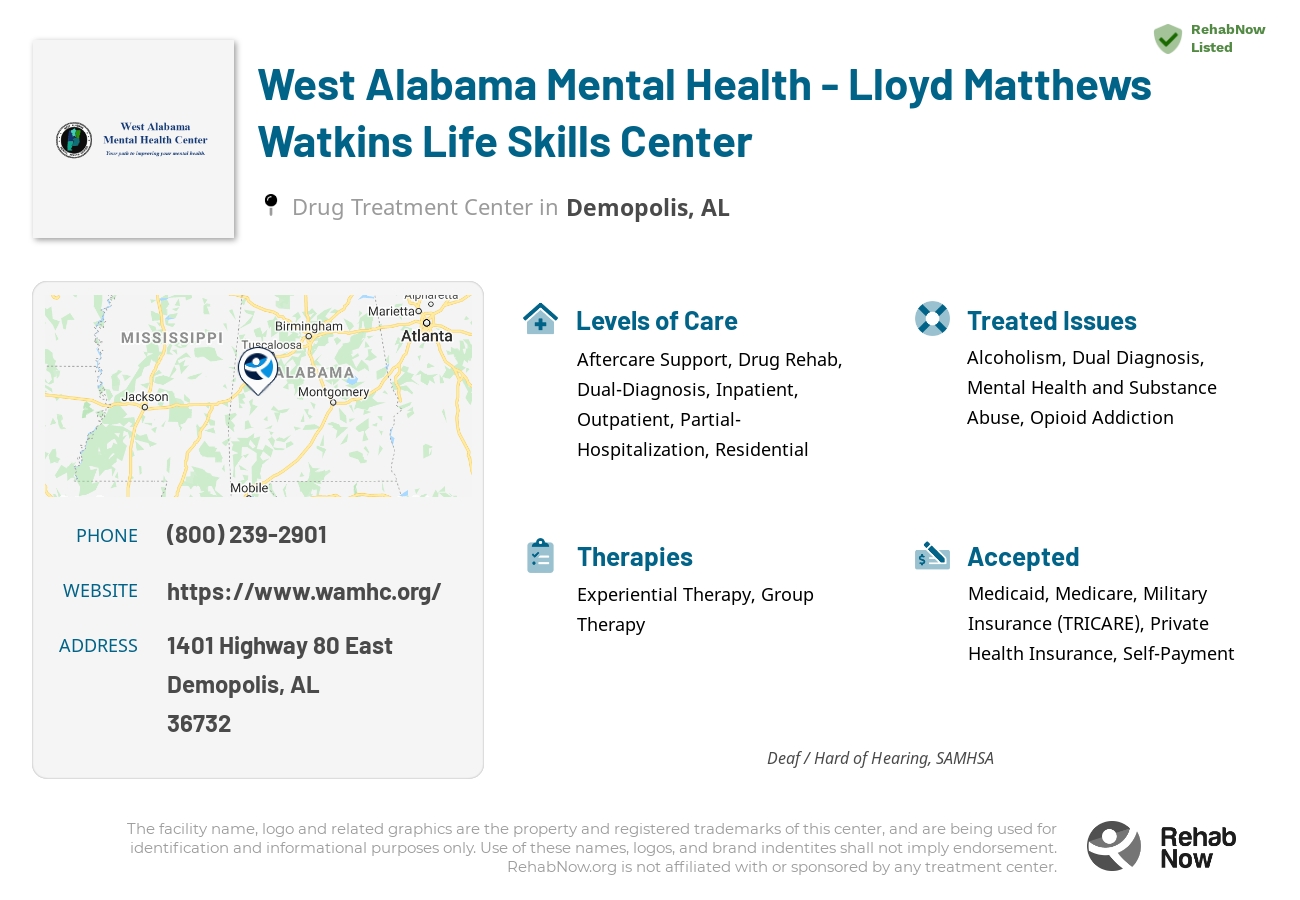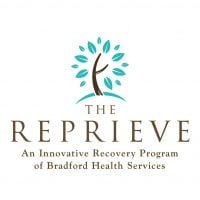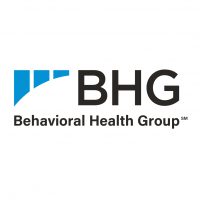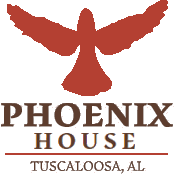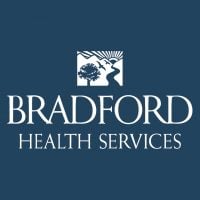West Alabama Mental Health - Lloyd Matthews Watkins Life Skills Center
Drug Rehab Center in Demopolis, Alabama
West Alabama Mental Health - Lloyd Matthews Watkins Life Skills Center in Demopolis, Alabama is a fully accredited and specialized addiction treatment facility, offering evidence-based relapse prevention, counseling, medication-assisted treatment, and comprehensive care for individuals and their families.
About West Alabama Mental Health - Lloyd Matthews Watkins Life Skills Center in Alabama
West Alabama Mental Health Center–Lloyd Matthews Watkins Life Skills Center, located in Demopolis, Alabama, stands out for its comprehensive mental and behavioral health care services. This center caters to a broad spectrum of clients, including adolescents, pregnant women, and those with co-occurring disorders, offering specialized programs like crisis intervention and extensive outpatient programs.
- Specialized programming addresses the needs of diverse groups such as adolescents, pregnant and postpartum women, and justice-involved persons.
- The facility offers a range of services from crisis intervention and partial hospitalization programs to aftercare, focusing on recovery and life skills training.
- They accept most major insurance providers, and financial aid is available, making their services accessible to a wider community.
Accredited by the Joint Commission and licensed by the Alabama Department of Mental Health and Mental Retardation, West Alabama Mental Health–Lloyd Matthews Watkins Life Skills Center is equipped to support individuals through various stages of recovery. Their dedication is evident in the personalized care planning, case management, and the variety of outpatient programs they provide.
The center treats addictions and substance abuse issues, employing methods like medical and mental health assessments, individual and group counseling, and medication-assisted treatment. Their care levels range from intensive outpatient programs to general outpatient and aftercare services, ensuring continuous support for individuals on their path to recovery.
Genders
Ages
Modality
Additional
Accreditations
SAMHSA
Conditions and Issues Treated
Opioid addiction is when someone becomes addicted to opioids. This can happen quickly due to any opioid use. Opioid withdrawal can be uncomfortable and lead the user to continue using even if they want to quit. It’s best to receive inpatient treatment for detoxification.
Even if a person doesn’t need inpatient treatment, it’s recommended to start rehabilitation or at least some kind of outpatient treatment. This is because the withdrawal symptoms from opioids can be uncomfortable and unpleasant, to the point that a person could end up using again or worse.
Detoxification should be done to break the physical addiction of opioids. This can be done with opioid replacement therapy, medication-assisted therapy, or a more traditional detoxification program. Intensive outpatient treatment is a form of addiction care that allows patients to continue living at home while undergoing treatment. This type of care is appropriate for patients who have been treated in residential treatment programs. Intensive outpatient programs include regular visits to the facility providing therapy, and patients gradually return to their routine life. IOP benefits most when patients have a supportive family member or friend to help them recover.
The first step to getting into an intensive outpatient program is to attend a detoxification facility. Detoxification facilities are designed to remove substances from the body safely. The patient will attend sessions designed to help them understand their addiction and its impact on their lives. While in an intensive outpatient program, therapy sessions are scheduled three to five times per week, with the patient attending no more than two sessions in one day.
Dual Diagnosis therapy is considered more successful than traditional rehab methods because it treats the addiction and the underlying mental health disorder simultaneously. This comprehensive approach gives Demopolis, AL patients the best chance for long-term recovery. If the patient does not receive treatment for both conditions, they are more likely to relapse.
Levels of Care Offered
This center offers a variety of custom treatment tailored to individual recovery. Currently available are Aftercare Support, Drug Rehab, Dual-Diagnosis, Inpatient, Outpatient, Partial-Hospitalization, Residential, with additional therapies available as listed below.
Inpatient facilities offer a complete rehab program where the patient stays for an extended period. This allows the staff to monitor the patient on a round-the-clock basis and provide medical assistance if needed.
A significant benefit of inpatient rehab is that it allows for a safe environment for treatment. The patient doesn’t have access to drugs or alcohol, and they’re surrounded by people that want them to succeed and change their lives. Treatment starts with detox and behavioral therapy, followed by group therapy and family involvement.
Outpatient treatment consists of counseling and therapy sessions. The outpatient treatment process begins with the addict’s initial detox period, lasting about ten days. Outpatient treatment is used for those who are at moderate risk for “slipping back” into the addiction. It is also used for those who are not currently experiencing any side effects from withdrawal, can handle social pressure, have a stable living environment, and have a good support system.
PHP or Partial Hospitalization Program treatment is a treatment that takes place in a treatment facility for an individual affected by addiction. This treatment is generally more than outpatient treatment and less than inpatient treatment. It can be adjusted for an individual’s treatment needs.
Residential treatment programs are those that offer housing and meals in addition to substance abuse treatment. Rehab facilities that offer residential treatment allow patients to focus solely on recovery, in an environment totally separate from their lives. Some rehab centers specialize in short-term residential treatment (a few days to a week or two), while others solely provide treatment on a long-term basis (several weeks to months). Some offer both, and tailor treatment to the patient’s individual requirements.
Aftercare support is often overlooked in the treatment of drug and alcohol addiction. However, it’s an essential part and should be considered when planning a course of rehab.
Aftercare is a term that’s used to refer to any sort of continuing care offered for a drug addict who has voluntarily entered a rehabilitation program. This type of care can be provided in several settings, including outpatient therapy sessions after the addict has completed an inpatient program. There are also 12-step support groups, such as Alcoholics Anonymous, which can provide additional help for addicts trying to stay sober.
Aftercare is vital because addicts often face many challenges as they attempt to recover from drug addiction or alcoholism. Because of the powerful nature of these addictions, those who struggle with a drug or alcohol problem will likely have to face the craving for their substance of choice for the rest of their lives. Recovering can be a lonely and frustrating endeavor, especially without the support of others who are going through similar situations.
Therapies & Programs
Group Therapy is employed by drug treatment centers like West Alabama Mental Health - Lloyd Matthews Watkins Life Skills Center to provide the recovering addict with a platform to talk about their feelings and experiences. It also provides for an opportunity to learn from other addicts who have successfully overcome their addiction. It is recommended that all group members be recovering addicts for this type of therapy to work.
Cognitive Behavioral Therapy (CBT) is an approach and method in psychotherapy. West Alabama Mental Health - Lloyd Matthews Watkins Life Skills Center asks people to investigate how their thoughts, including habitual, harmful, and inaccurate ways of thinking, affect behaviors. CBT is based on the idea that rigid, inflexible ways of thinking cause people to have a limited ability to cope with stress, which leads to emotional distress.
Likewise, CBT helps people identify maladaptive behaviors and replace them with more positive behaviors. It makes you look at the way you perceive something and ask: Is this a realistic belief? CBT asks people to look at the role of behaviors and emotional responses and how they may be distressing in one’s life. The goal of CBT is to change the way people think and behave to achieve a more balanced, healthier lifestyle.
Moreover, CBT has been shown to reduce some types of anxiety disorders, depression, and symptoms related to thoughts or actions that are considered harmful.
Patient Experience
Experiential Therapy at West Alabama Mental Health - Lloyd Matthews Watkins Life Skills Center
Experiential therapy at West Alabama Mental Health - Lloyd Matthews Watkins Life Skills Center includes helping people work through emotional disorders by participating in events in real-time. It moves away from conventional talk therapy to discuss their concerns and emotions by making patients play roles or use props. It allows people to handle trauma and feelings healthily, reducing the need to resort to alcohol and substances in Demopolis, AL.
Payment Options Accepted
For specific insurance or payment methods please contact us.
Is your insurance accepted?
Ask an expert, call (888) 674-0062
West Alabama Mental Health Center Associated Centers
Discover treatment facilities under the same provider.
Learn More About West Alabama Mental Health Center Centers
Additional Details
Specifics, location, and helpful extra information.
Demopolis, Alabama 36732 Phone Number(800) 239-2901 Meta DetailsUpdated April 15, 2024
Staff Verified
West Alabama Mental Health - Lloyd Matthews Watkins Life Skills Center Patient Reviews
There are no reviews yet. Be the first one to write one.
Demopolis, Alabama Addiction Information
Opioids, such as heroin, fentanyl, and prescription opioids are related to more than half of all drug-related overdoses in Alabama. Alcohol is the most frequently used substance in Alabama; 85,000 Alabamians use cocaine every single year. In Alabama, there are four times as many vehicle crashes involving alcohol as there are normal vehicle crashes.
Opioids were involved in more than half of all drug overdose deaths in Demopolis in 2016. Demopolis, Alabama has one of the highest rates of prescription opioid abuse in the nation. Almost 10% of residents admit to using an illicit drug in the past month. There are many types of treatment available in Demopolis, Alabama. Some common treatments include detoxification, inpatient treatment, and outpatient treatment.
Treatment in Nearby Cities
- Fayette, AL (82.5 mi.)
- Newton, AL (154.5 mi.)
- Bessemer, AL (81.8 mi.)
- Pelham, AL (81.8 mi.)
- Eight Mile, AL (120.6 mi.)
Centers near West Alabama Mental Health - Lloyd Matthews Watkins Life Skills Center
The facility name, logo and brand are the property and registered trademarks of West Alabama Mental Health - Lloyd Matthews Watkins Life Skills Center, and are being used for identification and informational purposes only. Use of these names, logos and brands shall not imply endorsement. RehabNow.org is not affiliated with or sponsored by West Alabama Mental Health - Lloyd Matthews Watkins Life Skills Center.



